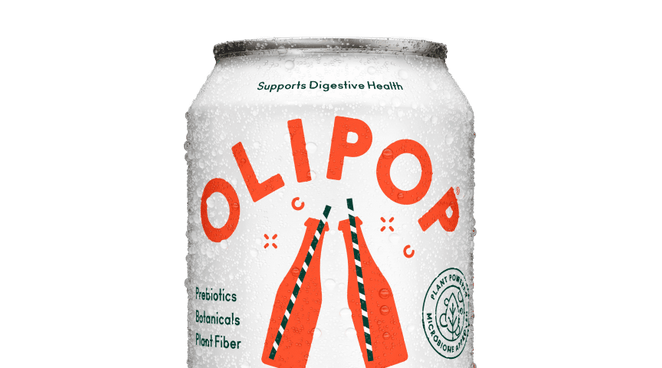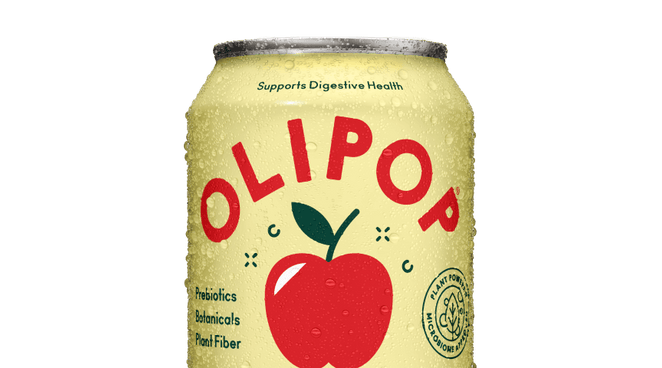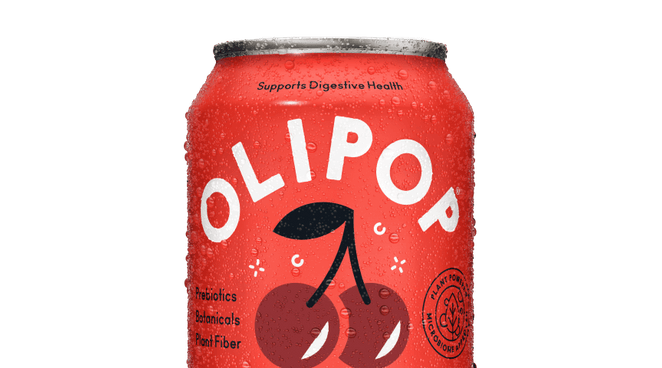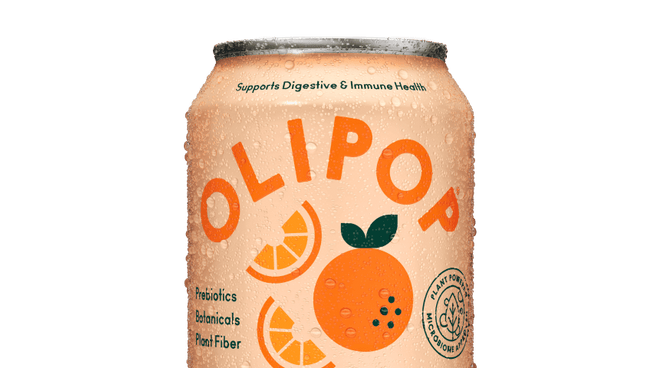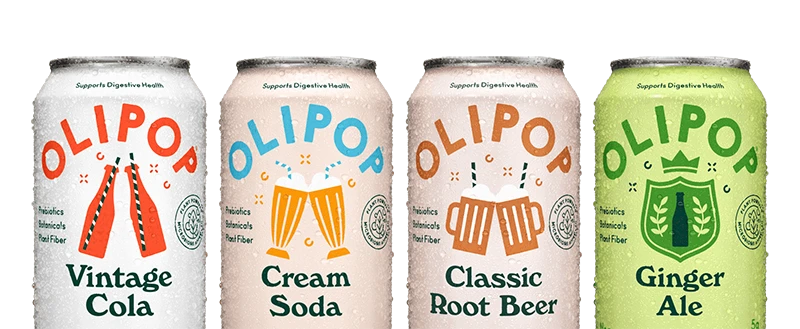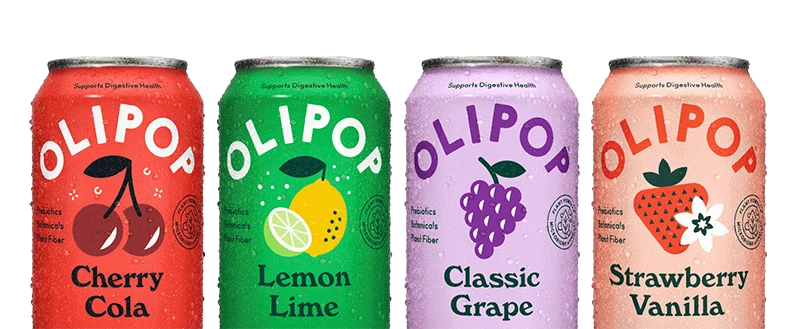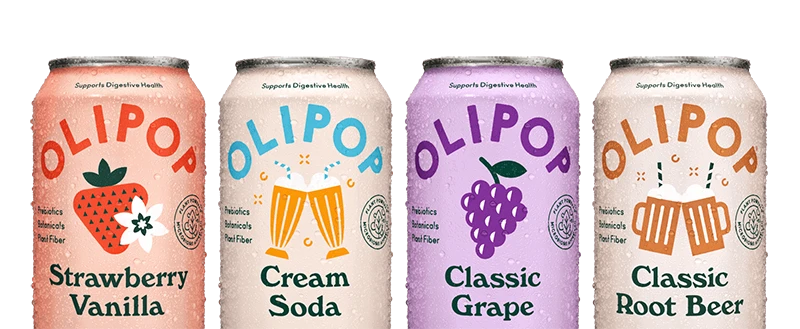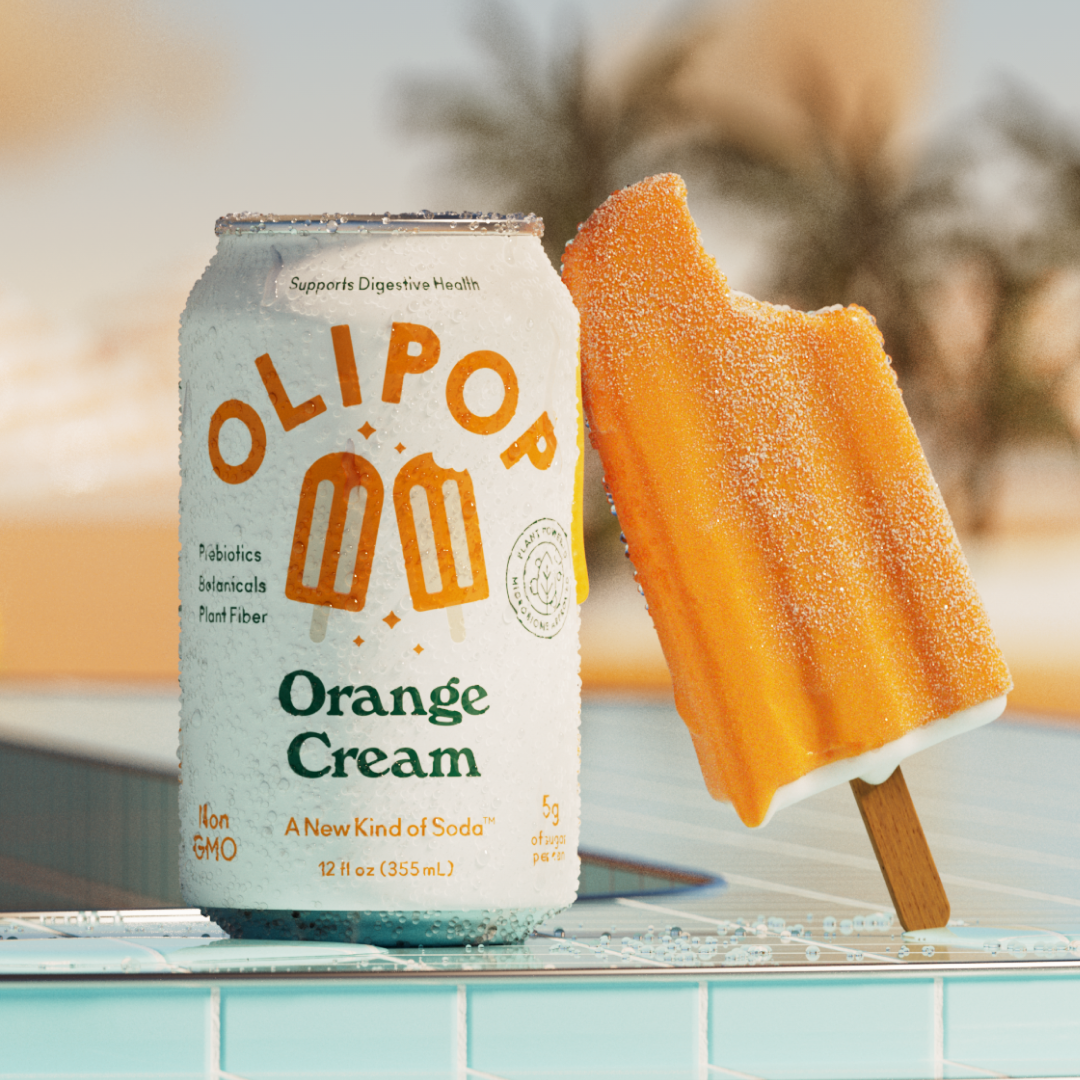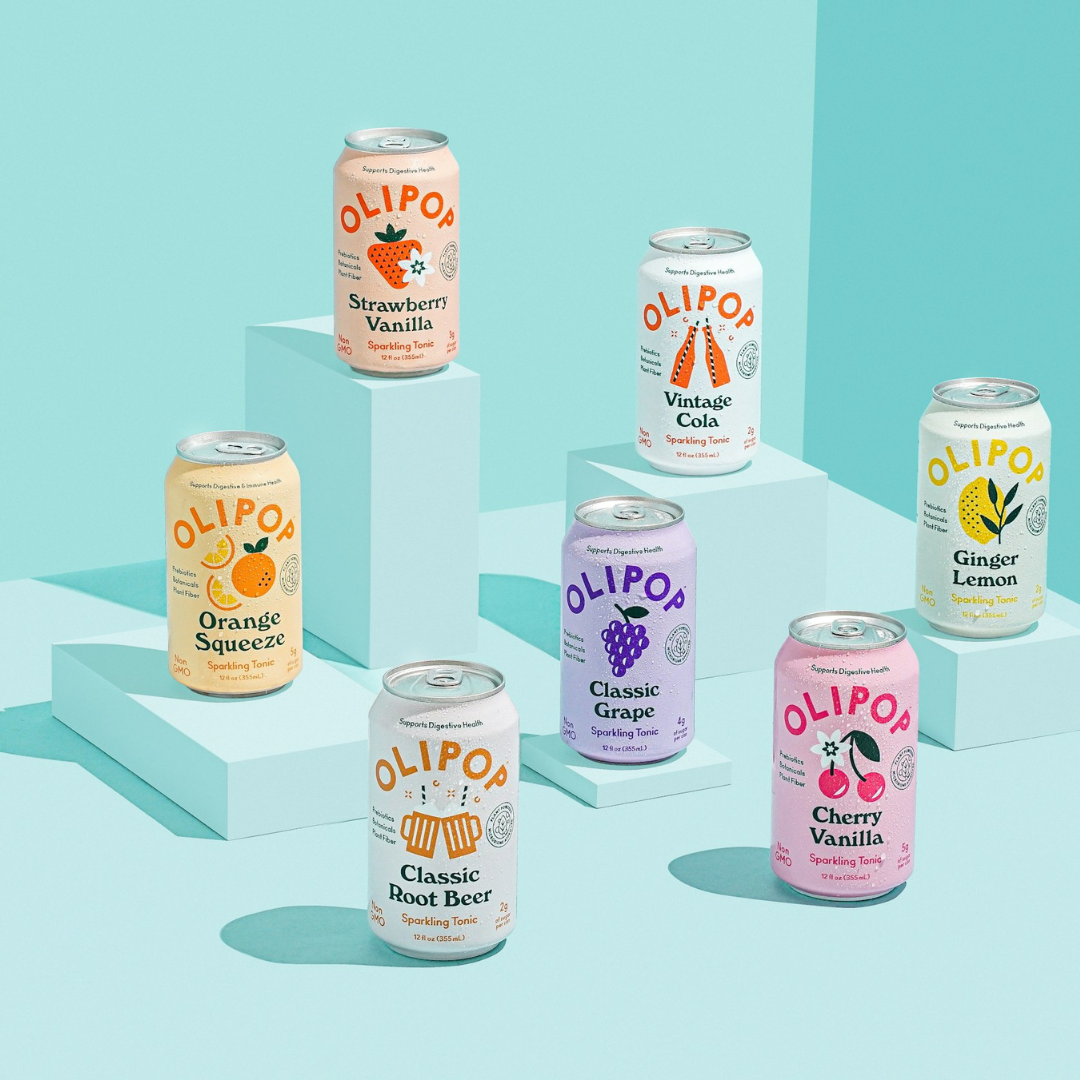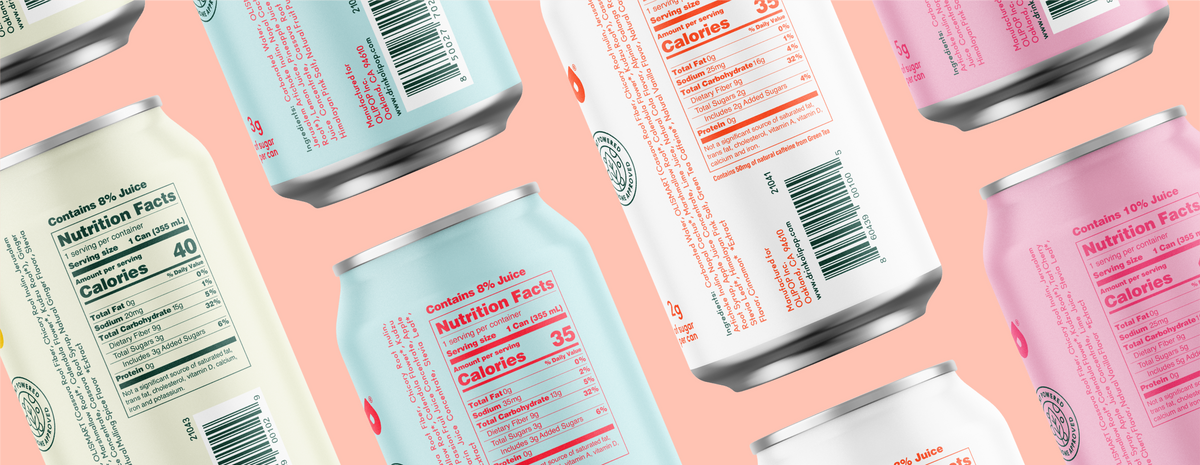-
Community

5 min read
OLIPOP Named an Inc. 2025 Best Workplace: Reflections from Our Director of Talent Acquisition
Kelly Bogey, OLIPOP’s Director of Talent Acquisition, reflects on what being named one of Inc.’s 2025 Best Workplaces truly means to the brand.
Read More
-
Digestive Health - Prebiotics

3 min read
OLIPOP’s Human Clinical Trial on Metabolic Health
We studied OLIPOP Vintage Cola vs. traditional cola. The results? A better-for-you blood sugar response and a new standard in scientific research for functional soda.
Read More
-
OLIPOP 101 - Flavors
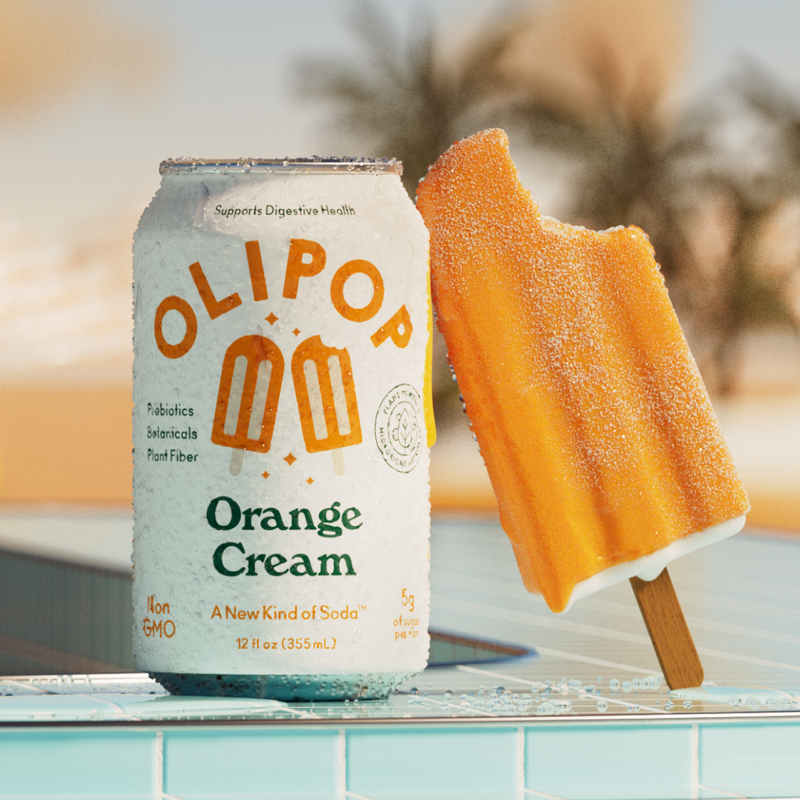
3 min read
Orange Cream Flavor Deep Dive
Orange Cream is back, and this time for good! Discover the story behind our creamy, citrusy fan-favorite and where you can grab it today.
Read More
-
OLIPOP 101 - Flavors

3 min read
Meet Our Sleek Cans: Now at the Convenience Store
Our sleek new look is here! Same craveable OLIPOP in a taller, grab-and-go format. Now available at select convenience and drug stores.
Read More
-
OLIPOP 101 - Flavors
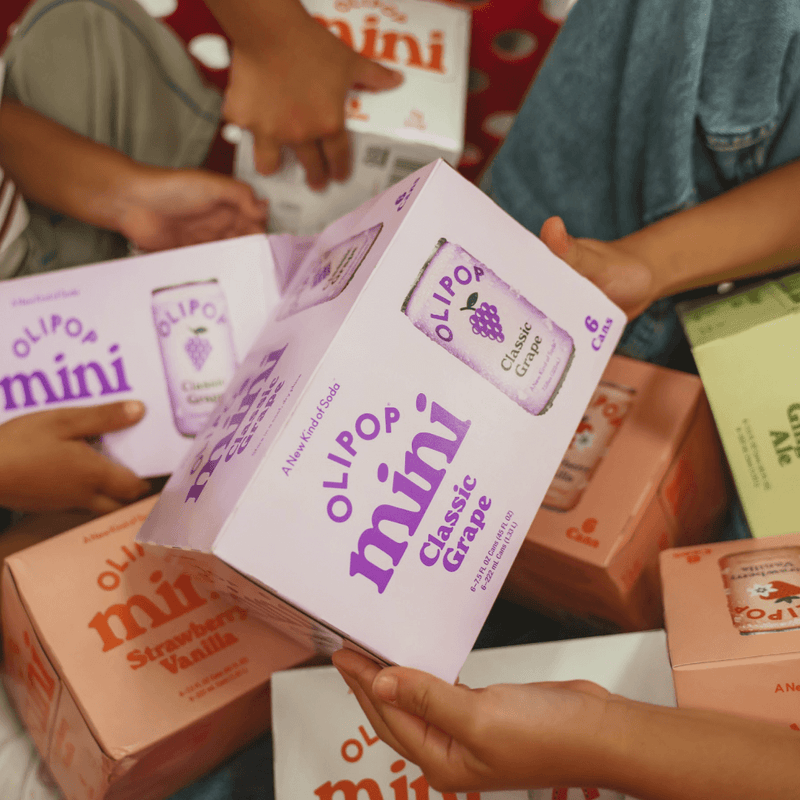
2 min read
Big Flavor, Mini Cans: New OLIPOP Mini Cans Have Landed at Target
Big flavor, mini cans! Classic Grape, Strawberry Vanilla, and more flavors just dropped at Target in 7.5oz OLIPOP Mini six-packs. Grab them for a quick fizz fix!
Read More
-
OLIPOP 101 - Flavors
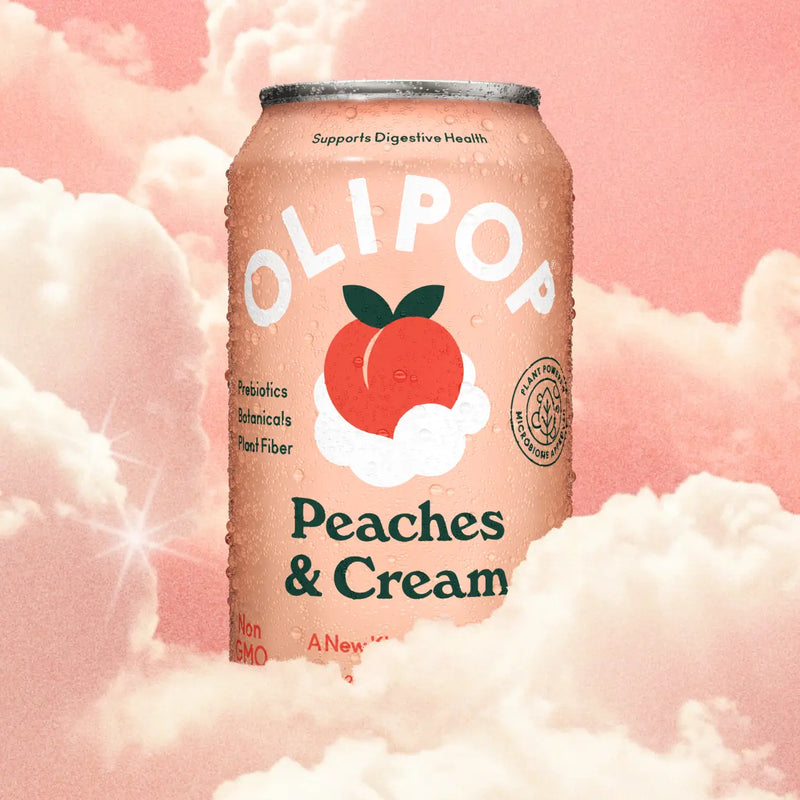
3 min read
Peaches & Cream Flavor Deep Dive
Peaches & Cream is back and here to stay! Get the scoop on this sweet, bubbly, and iconically peachy flavor that’s just as delicious as you remember.
Read More
Use left/right arrows to navigate the slideshow or swipe left/right if using a mobile device



